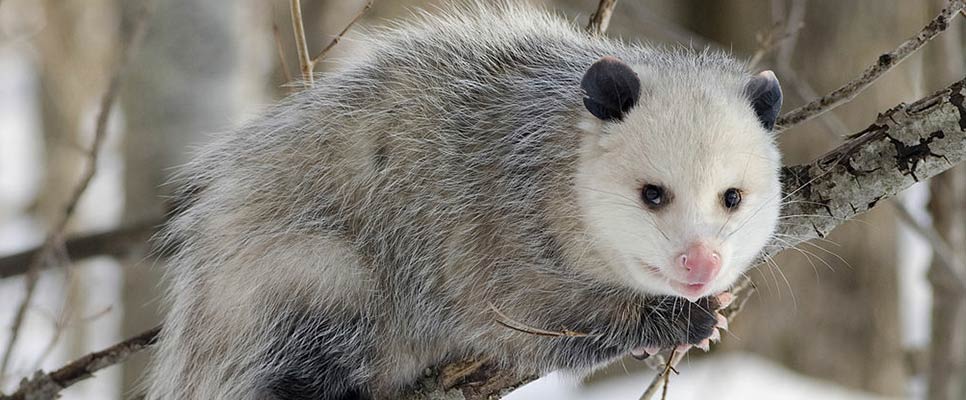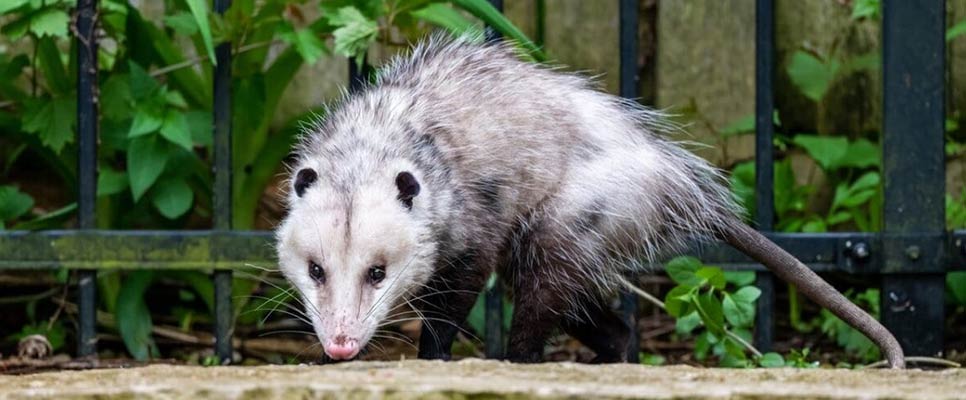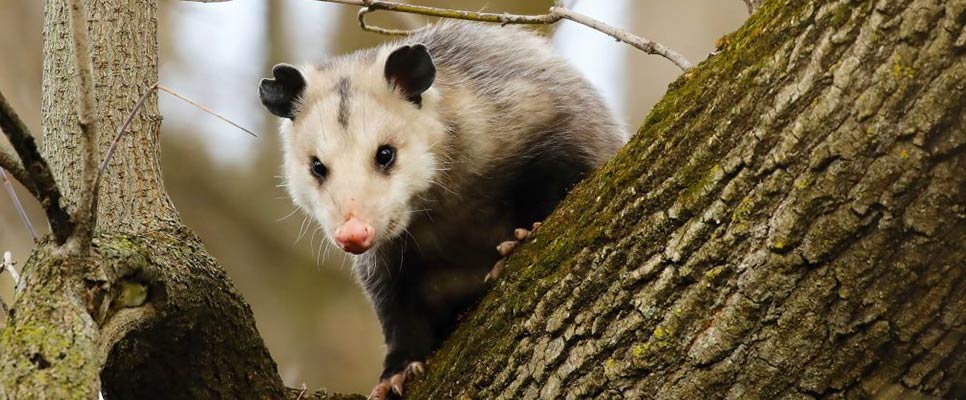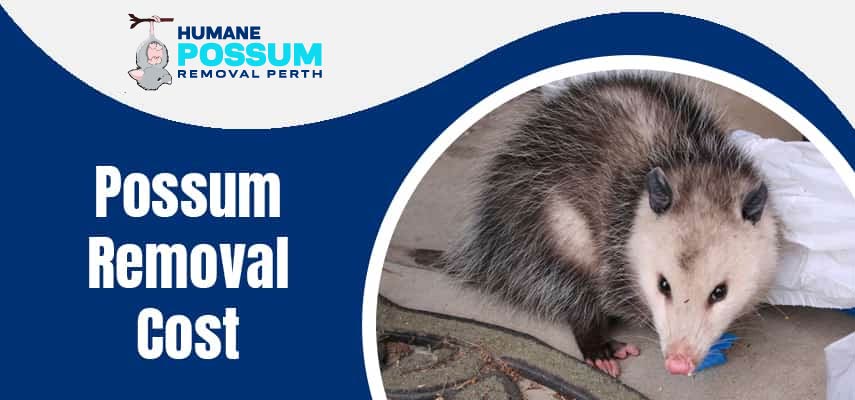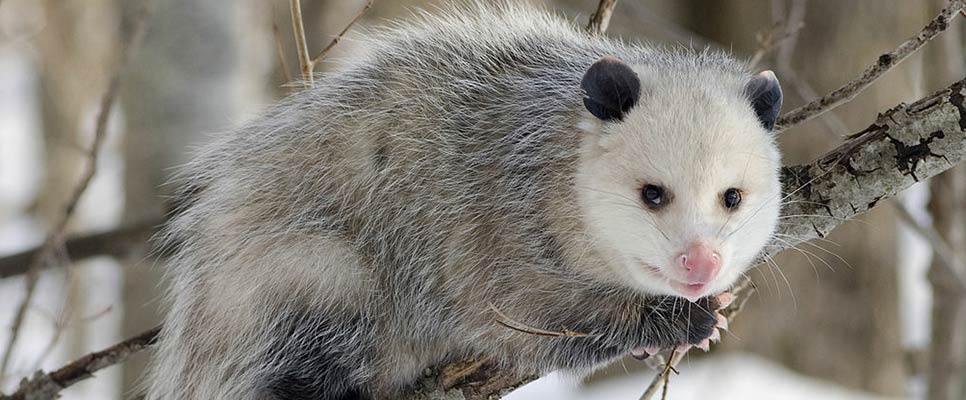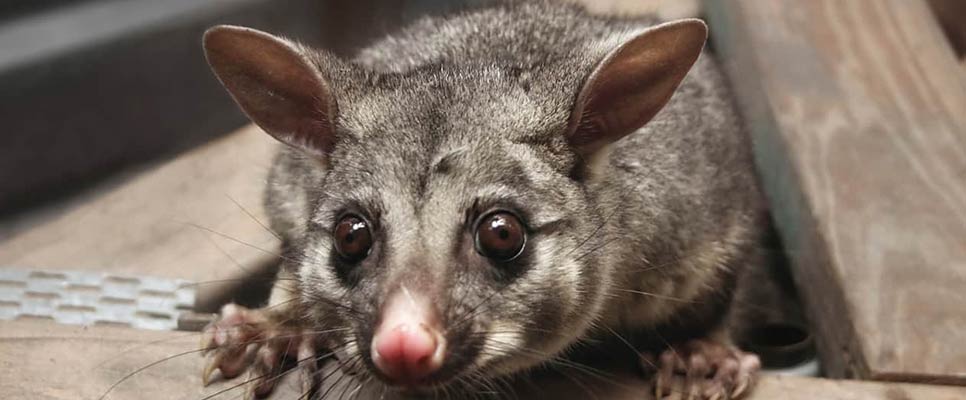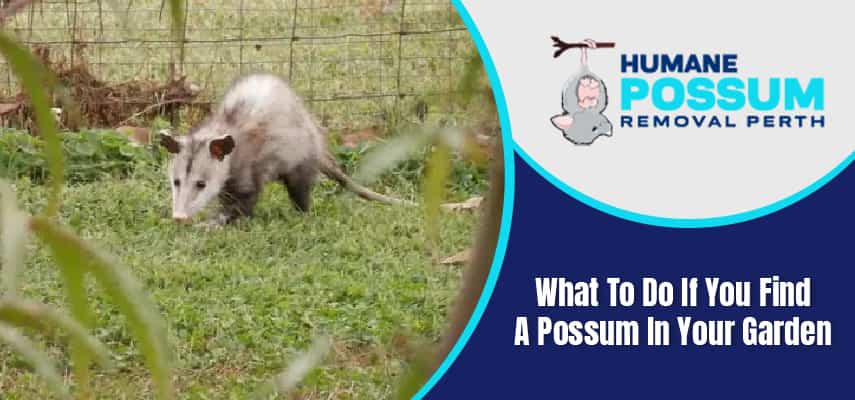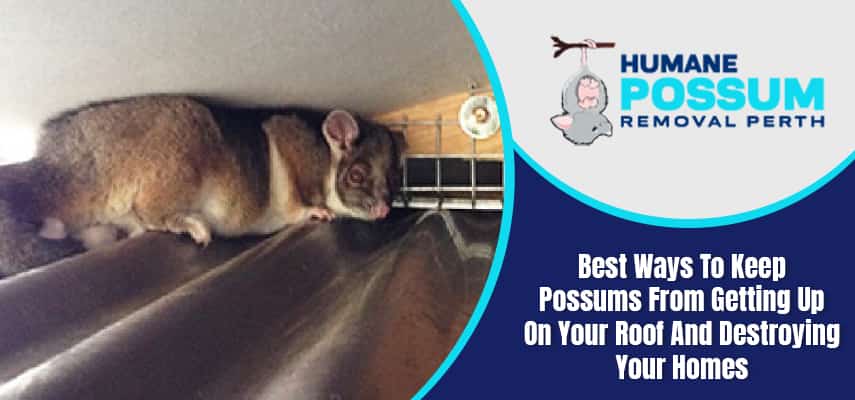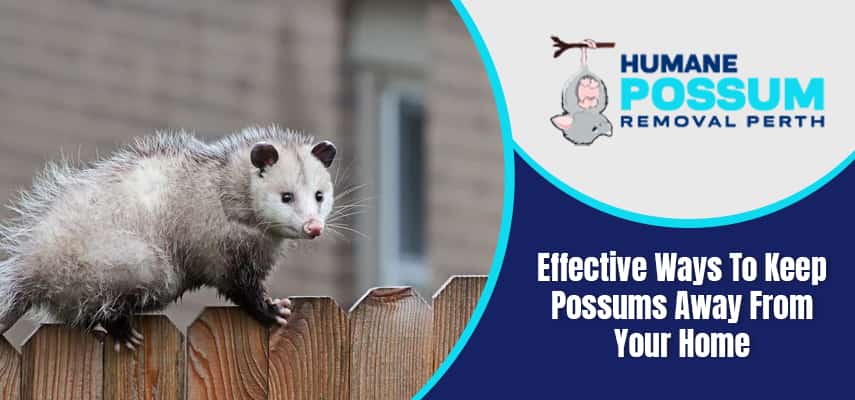Possums are a beloved part of Australia’s unique wildlife ecosystem. However, they can sometimes wander into spaces where they cause disturbances. Instead of resorting to drastic measures, installing possum boxes can help these furry critters find a comfortable home away from your roof or attic. In this article, we’ll discuss everything you need to know about possum box installation, suitable habitats, and how it can fit into an overall approach to Possum Removal.
Why Install a Possum Box?
Possums are adaptable creatures that thrive in areas where they find suitable shelter and ample food sources. But as urbanization expands, many trees once used for nesting are being cleared. A possum box provides a safe, alternative habitat that benefits both the possum and the homeowner.
- Minimize Roof Intrusions: By giving possums a warm, dry space in your yard, you reduce the likelihood that they’ll seek shelter in your roof.
- Support Native Wildlife: Installing possum boxes helps preserve native species, especially brushtail and ringtail possums that rely on tree hollows.
- Encourage Coexistence: A well-placed possum box allows you to live alongside these creatures without the conflict that often leads to Possum trapping.
Identifying Suitable Habitats
Before installing a possum box, it’s crucial to think about where the possum will be most comfortable. Here are some key factors to consider:
Location
- Look for a stable, healthy tree in your yard that can support a possum box at least 3-4 meters off the ground.
- Avoid areas close to busy roads or high-traffic zones, as possums can be easily startled or injured.
Shelter from Weather
- Ideally, place the box in a spot that’s sheltered from strong winds.
- A position under partial canopy cover helps regulate temperature and protect the box from heavy rains.
Proximity to Food Sources
- Possums feed on fruits, flowers, leaves, and insects, so having flowering shrubs or fruit trees nearby can make the habitat more enticing.
Distance from Rooftops
- The whole point of installing a possum box is to deter possums from moving into your attic.
- Position the box away from the eaves of your home to encourage them to stay in their new designated spot.
DIY Installation Tips and Ideas
When it comes to installing a possum box, a little bit of planning goes a long way. Below are some DIY tips if you’re handy and want to tackle the project yourself.
Choose the Right Materials
- Use durable, weather-resistant timber like marine-grade plywood.
- Ensure all screws and nails are rustproof for longevity.
Correct Dimensions
- Your possum box should be large enough for a possum to easily fit, but not so big that it loses heat.
- Aim for dimensions around 30 cm (W) x 30 cm (D) x 45 cm (H), depending on the species in your area.
Ventilation and Drainage
- Add small ventilation holes near the top to allow air circulation.
- Drill tiny holes in the base to let rainwater drain out.
Secure Mounting
- Use strong brackets or steel strapping to attach the box safely to the tree trunk.
- Make sure it’s tilted slightly forward to help water run off the roof.
Check Local Regulations
- Some areas have specific rules regarding wildlife habitats.
- Confirm any local guidelines before installing your possum box.
Integrating Possum Boxes with Possum Removal
While possum boxes can serve as a highly effective, humane way to encourage possums out of unwanted spaces, sometimes more immediate action is necessary. If you’re dealing with a significant infestation or a possum that refuses to vacate your roof, a professional may be required.
In such cases, consider combining a possum box installation with Possum control services. Experts can safely relocate the possum to your newly installed box or a suitable nearby habitat. This approach allows for a seamless transition, maintaining the possum’s well-being while protecting your home.
If you find yourself needing assistance urgently, look into same day possum removal in Perth. These specialized services ensure that problem possums are handled quickly, keeping both you and the animals safe.
Benefits of Professional Help
Sometimes, no matter how meticulously you plan, possums still find ways to claim your roof as their own. That’s when Professional possum relocation experts step in. They can provide:
- Humane Methods: Experienced specialists follow guidelines to minimize stress to the animals.
- Expert Advice: Professionals know where to install boxes for maximum effectiveness.
- Immediate Solutions: If the situation is critical, many providers offer same day possum removal in Perth to swiftly address emergencies.
Having a trained team evaluate your property can also prevent future issues. Sealing entry points and repairing any structural damage become part of the broader possum management plan.
Summary
Installing a possum box is a practical, humane way to help these adorable natives find a safer place to live while also protecting your home. By choosing suitable habitats, paying attention to tree placement, and combining a possum box with a holistic Possum Control strategy when necessary, you create a lasting solution that benefits everyone.
Take the next step toward a possum-friendly (but attic-free) home—contact our team today to learn more about possum box installation and professional relocation services!
Frequently Asked Questions
1. Do possum boxes require regular maintenance?
It’s a good idea to inspect your possum box every few months. Look for signs of rot, check for damage from weather, and ensure wasps or other pests haven’t taken over. Routine checks help maintain a safe, comfortable habitat for local possums.
2. Will possums immediately move into a newly installed box?
Not always. Some possums might be reluctant to leave their current shelter. Encourage them by removing attractions like easily accessible food or nesting spots in your attic, and consider seeking professional help if they resist relocating.
Published on: January 20, 2025

